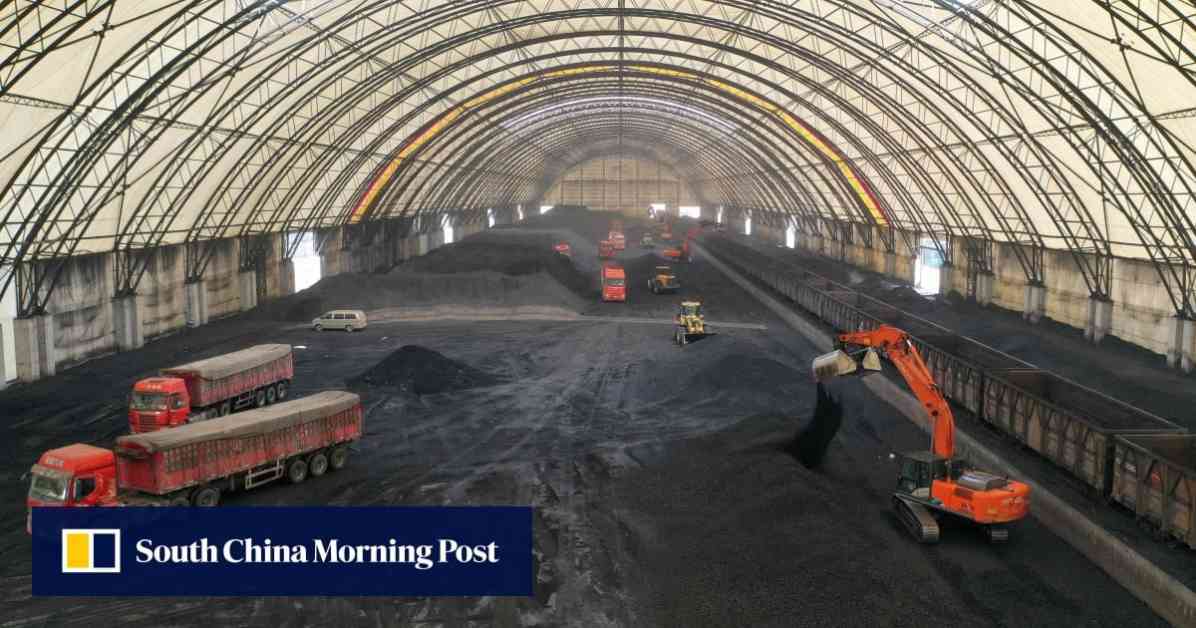China has made significant strides in fortifying its energy security by adopting a strategic approach to diversifying its imports. This move has been instrumental in ensuring a stable energy supply for the nation. The recent policies of US President Donald Trump, advocating for increased fossil fuel production with a “drill, baby, drill” mantra, have the potential to impact global energy prices. This development could have positive implications for China, given its status as the world’s largest importer of crude oil and natural gas. These insights were shared by an esteemed energy expert based in Beijing, shedding light on the intricate dynamics of the global energy landscape.
Jin Zhijun, the dean of the Institute of Energy at Peking University and a prominent figure in China’s legislative body, emphasized the importance of addressing the uneven distribution of energy resources within the domestic market. In a recent interview, Jin underscored the necessity of building a resilient energy security system to mitigate any unforeseen disruptions in the energy supply chain. By taking proactive measures to diversify energy sources, China has positioned itself to navigate potential challenges effectively.
Last year, China imported a staggering 553 million tonnes of crude oil, primarily sourced from countries like Saudi Arabia and Russia. This significant volume of imports was complemented by domestic oil production amounting to 212.8 million tonnes. In the realm of natural gas, China imported 183.1 billion cubic metres from nations such as Qatar, Australia, and Russia, alongside domestic production figures of 246.4 billion cubic metres. This strategic distribution of imports across multiple countries has played a pivotal role in safeguarding China against overreliance on any single nation or transportation route.
Jin Zhijun further elaborated on the potential impact of Trump’s energy policies on China’s energy landscape. Despite the divisive nature of Trump’s decision to withdraw from the Paris Climate Agreement and his vocal support for fossil fuels, Jin highlighted a silver lining for China. The emphasis on fossil fuel production could potentially contribute to stabilizing global energy prices, ultimately benefiting China as a major energy importer. This nuanced perspective underscores the interconnected nature of the global energy market, where policy decisions in one part of the world can reverberate across continents.
In conclusion, China’s strategic approach to energy security, coupled with a diversified portfolio of imports, has positioned the nation favorably in the global energy arena. The insights provided by Jin Zhijun offer a glimpse into the intricacies of energy policy and the importance of proactive measures in safeguarding against supply disruptions. As China continues to navigate the evolving energy landscape, the lessons learned from diversification and strategic planning will undoubtedly play a crucial role in ensuring a stable and secure energy future for the nation.



























